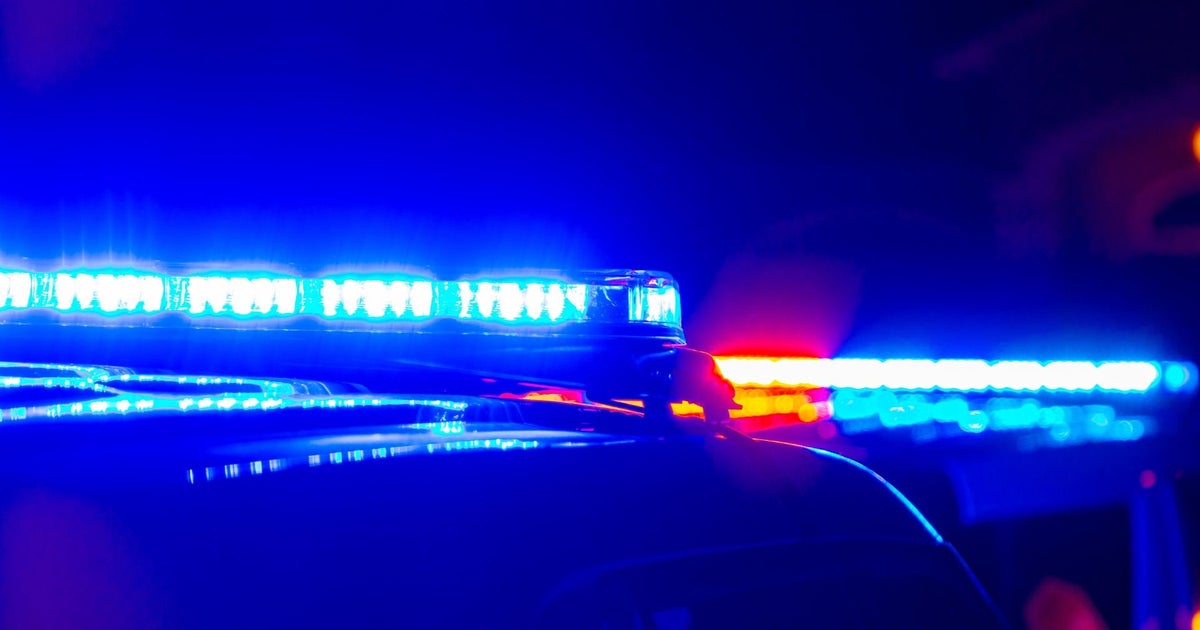West Virginia Supreme Court: Governor shouldn't have been forced to block charter school approvals
CHARLESTON, W.Va. (AP) — A West Virginia circuit court erred when it briefly prevented Gov. Jim Justice from enforcing a 2021 law he signed allowing an independent board to authorize publicly funded charter schools, the state Supreme Court of Appeals ruled on Thursday.
Justices unanimously vacated Kanawha County Circuit Court Judge Jennifer Bailey's December 2021 preliminary injunction. They said in order to lawfully block the approval of new charter schools in the state, the court would have had to issue the injunction against the state's Professional Charter School Board, which was not named as a party.
Although Justice appoints the board's members with Senate approval, he doesn't have the authority to actually approve new charter schools himself, the Supreme Court ruled.
The injunction only briefly stripped the Professional Charter School Board of its authority to approve new charter schools. In February 2022, West Virginia's Supreme Court approved a stay while the state's appeal was underway.
Republican Gov. Jim Justice signed a bill in 2019 that allows for the creation of charter schools, and another in 2021 that created the unelected state-level charter board. Charter schools are publicly funded but privately run, tuition-free public schools that usually do not have to abide by the same rules and regulations as traditional public schools. Opponents argue they divert badly needed money away from traditional public schools.
Sam Brunett and Robert McCloud, two teachers with children in West Virginia public schools, sued Justice in 2021, alleging that the law is unconstitutional because it doesn't allow local residents to vote on whether or not to allow a new charter school to open in their county.
The suit also named defendants Republican House Speaker Roger Hanshaw and Senate President Craig Blair, the legislative leaders guiding the Legislature that wrote and approved the bill.
The state argued then that the teachers had "failed to identify any future actions that the Senate President, Speaker of the House, or the Governor — that they wish to stop," according to court documents.
A judge can't prohibit the board from authorizing charter schools because the teachers didn't sue them, state lawyers said.
The Kanawha County Circuit Court ruled that Justice was a proper party for the suit because he signed the law appointed the board's members and is responsible for seeing that the state's laws are "faithfully executed."
While the circuit court could not directly bind the board, it ordered Justice to direct the board under "threat of removal, if necessary, to temporarily suspend the creation" of charter schools.
The circuit court also determined the program could be blocked without the Professional Charter School Board being named as a party, a decision the Supreme Court disagreed with.
"We emphasize that Governor Justice's only role in relation to HB 2012 was signing it after its passage and appointing PCSB members, with the advice and consent of the Senate," justices wrote.



